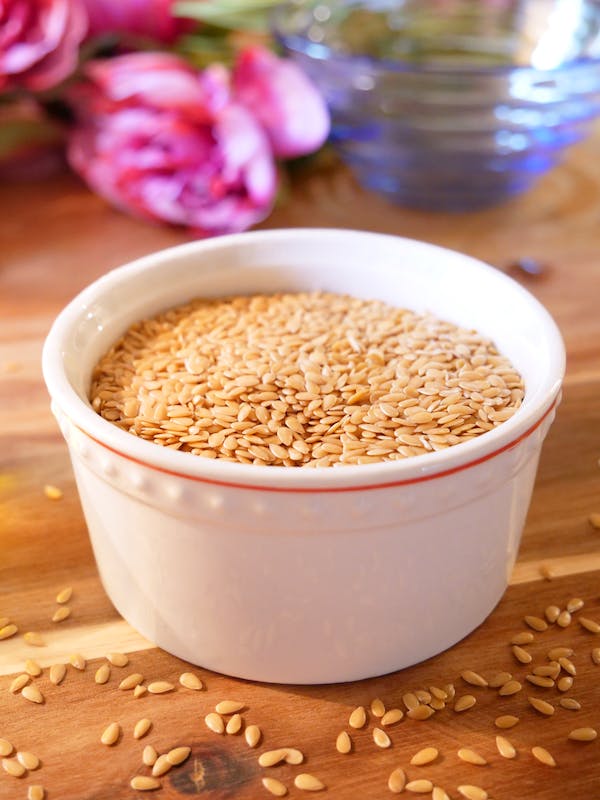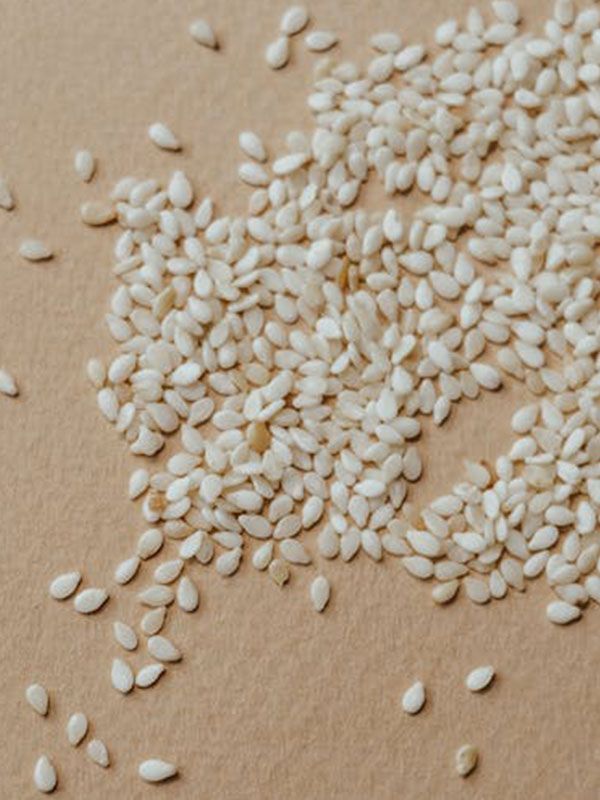Sesame
Sesame
Nigeria is among the top global producers and exporters of sesame, with many years of stable production. The sesame contains relatively high oil content, which significantly promotes health benefits. Nigeria is a major producer of high-quality raw sesame seed with a minimum of 45% of oil content. Around 80% of sesame production is exported and because the sesame sector is export-driven, good knowledge and a high ability to meet international buyer requirements are ensured.
Sesame is an important crop to Nigerian agriculture: it is quite extensively cultivated, it yields in relatively poor climatic conditions, and it is widely used within Nigeria and is an important component of Nigeria’s agricultural exports
The sesame production in Nigeria increased from 33,000 tonnes in 1972 to 440,000 tonnes in 2021 growing at an average annual rate of 10.24%. Annual exports of sesame from Nigeria are valued at about US$20 million and Nigeria is the primary supplier of sesame seed to the world’s largest importer, Japan. These features are poorly recognized and we are contributing our quota to help develop support and action to facilitate the continued expansion of this sector.
Sesame is grown for its seeds, and the primary use of the sesame seed is as a source of oil for cooking. The young leaves may also be eaten in stews, and the dried stems may be burnt as fuel with the ash used for local soap making, but such uses are entirely subordinate to seed production



